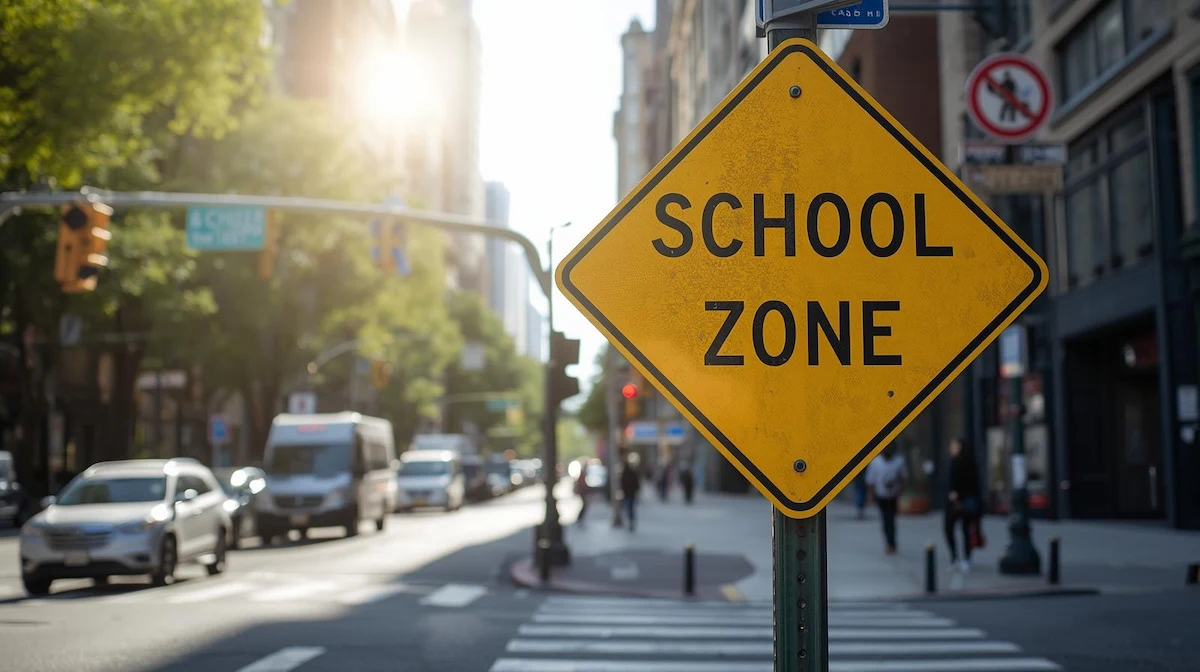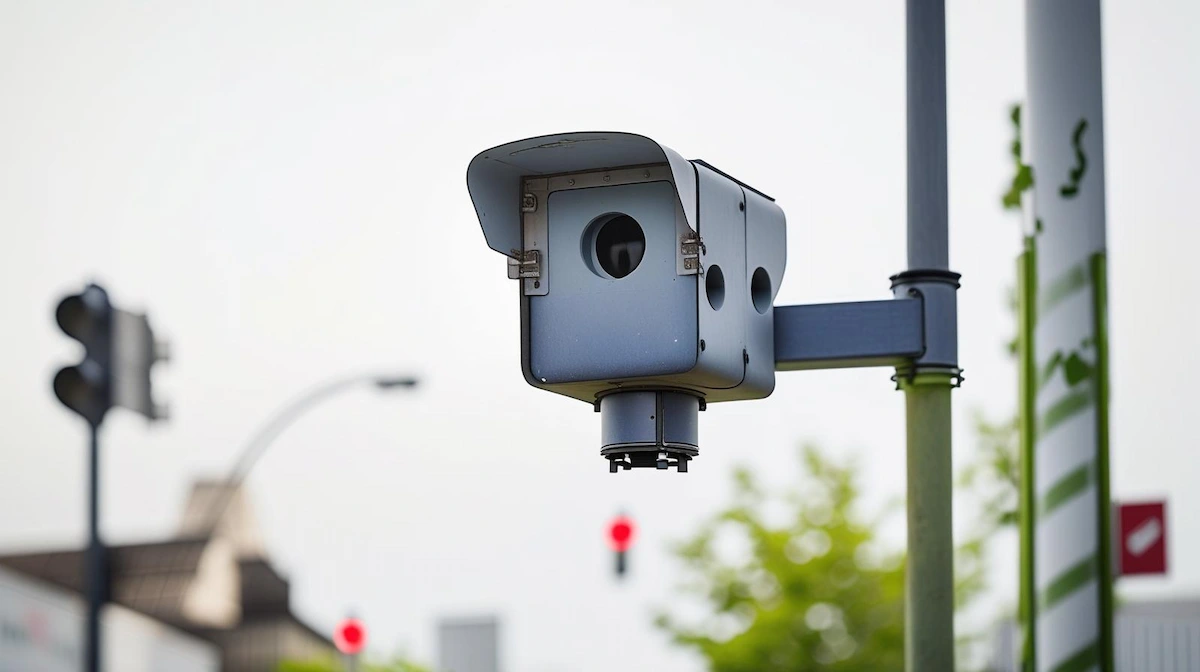The New York State Department of Motor Vehicles (DMV) uses a points system to monitor driving behavior. NYC Traffic Tickets adds points to a driver’s record. Speeding, for instance, can add between 3 to 11 points depending on the severity. Accumulating too many points can lead to license suspension, disrupting daily life. Points remain on a driver’s record for up to 18 months, increasing the risk of severe penalties.
The financial consequences of traffic tickets are both immediate and lasting. Initial fines vary based on the violation but are often substantial. More significantly, traffic tickets cause a sharp increase in insurance premiums. Insurers view traffic violations as indicators of risky behavior, leading to higher rates that can persist for years. This financial strain can be burdensome, affecting economic stability.
Legal and Professional Repercussions of NYC Traffic Tickets
Beyond fines and points, NYC traffic tickets can lead to severe legal consequences. Repeated violations or serious offenses like reckless driving can result in license suspension. Losing driving privileges affects one’s ability to commute, impacting work and personal life. Reinstating a suspended license often requires navigating legal and bureaucratic hurdles, adding to the stress.
A driving record marred by traffic violations can also have professional ramifications. Many employers conduct background checks that include driving records. Jobs that require driving, such as delivery services or commercial driving, are particularly sensitive to traffic violations. Even in non-driving roles, a poor driving record can negatively reflect on a candidate’s reliability and responsibility, potentially hindering career advancement.
Psychological and Social Impacts
The stress and anxiety associated with traffic tickets can take a psychological toll. Worrying about fines, court dates, and potential license suspension creates persistent unease. This stress can affect driving behavior, leading to overly cautious or nervous driving, paradoxically increasing the risk of further violations. Over time, this anxiety can impact mental health, contributing to broader issues such as depression or chronic stress.
Traffic tickets can strain personal relationships. The financial strain from fines and increased insurance premiums can lead to household stress. Social stigma may arise within the community, particularly if the violations are severe or numerous. This perception can impact one’s social standing and interactions, causing friction in social and familial relationships.
Navigating the Road Ahead
Adhering to traffic laws and understanding their implications contribute to safer roadways in New York City. Defensive driving courses are an excellent way to mitigate the impact of traffic tickets. These courses often reduce points on a driving record and can lead to insurance discounts. Legal assistance is another valuable resource. Attorneys specializing in traffic violations can negotiate lesser penalties or even dismissals.
Preventive measures are equally important. Safe driving practices are essential, such as staying within speed limits, avoiding distractions, and understanding traffic laws. Regularly reviewing DMV guidelines and updates ensures drivers are well-informed and compliant with current regulations.
The Ripple Effect: Understanding and Mitigating Traffic Violations
Traffic tickets in NYC have far-reaching consequences that extend beyond immediate fines. They affect financial stability, legal standing, professional opportunities, and mental health. Understanding these impacts helps drivers make informed decisions and proactively mitigate adverse effects. By adopting safe driving practices and utilizing available resources, drivers can better manage the challenges of traffic violations. Whether dealing with a NYC Traffic Ticket or an NYC Speeding Ticket, knowing the potential long-term effects and taking steps to mitigate them can significantly benefit drivers.





